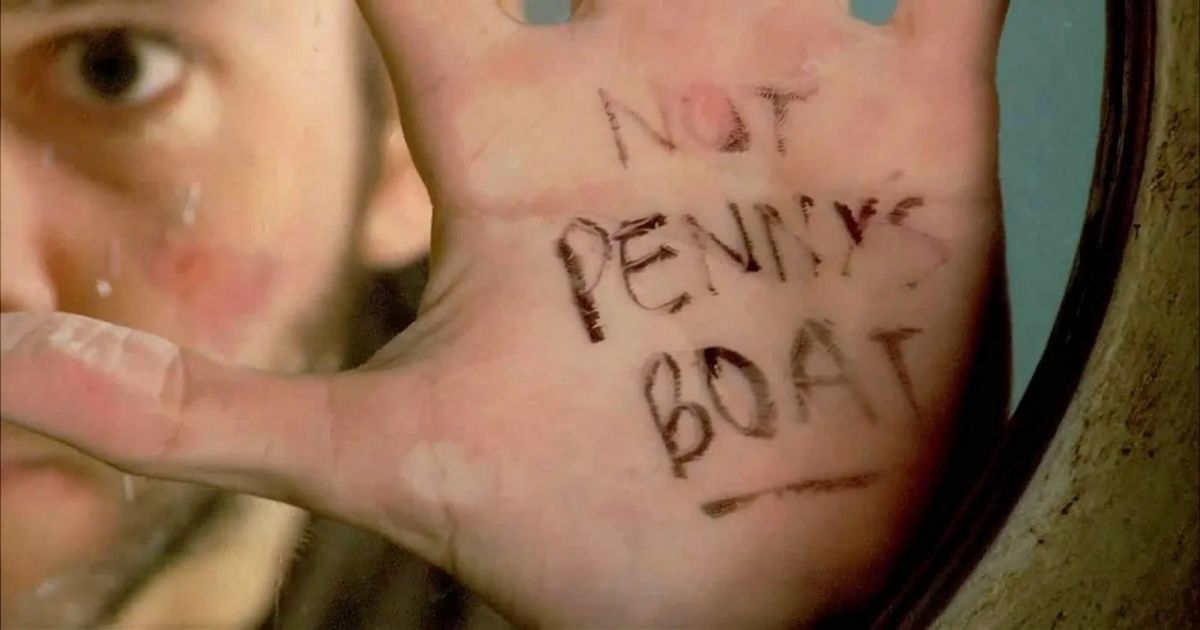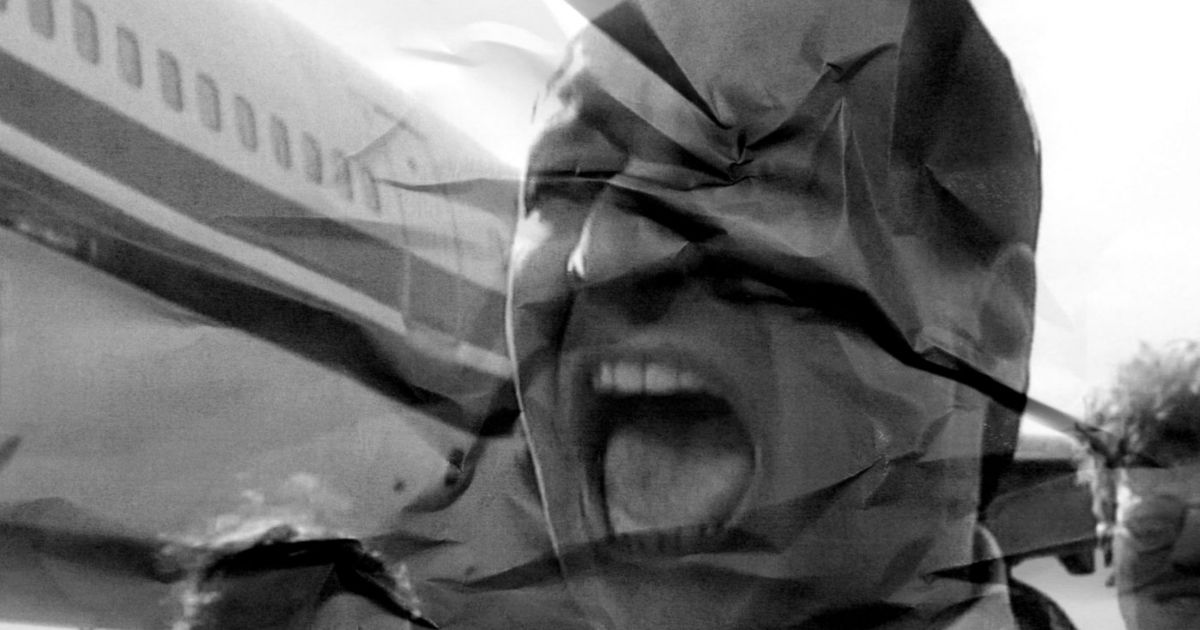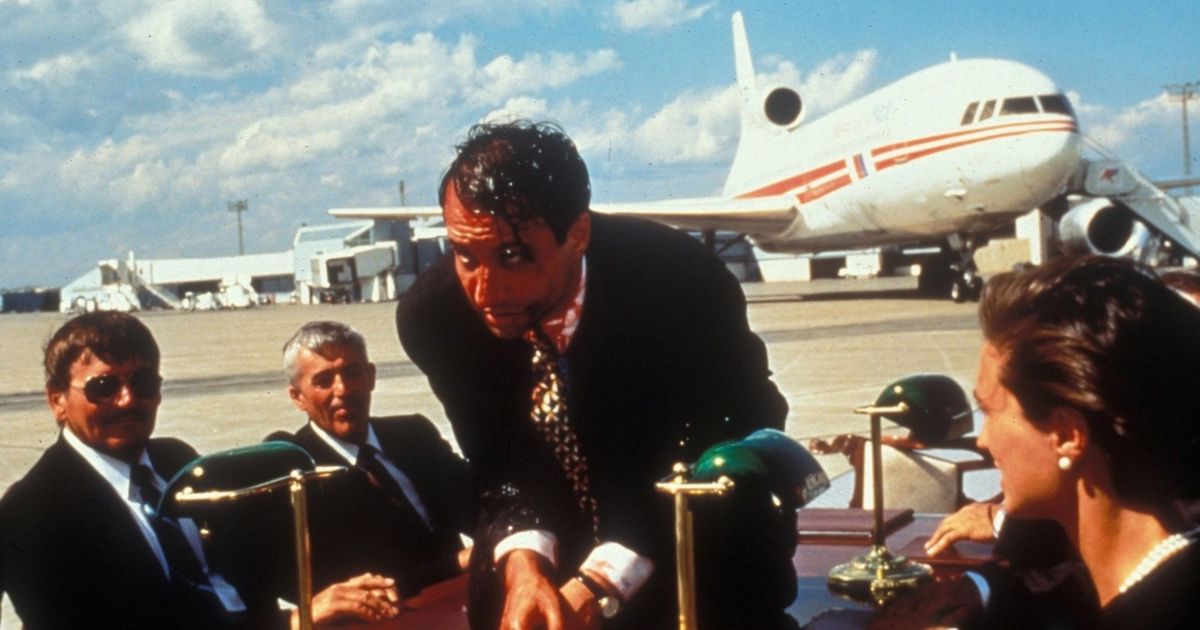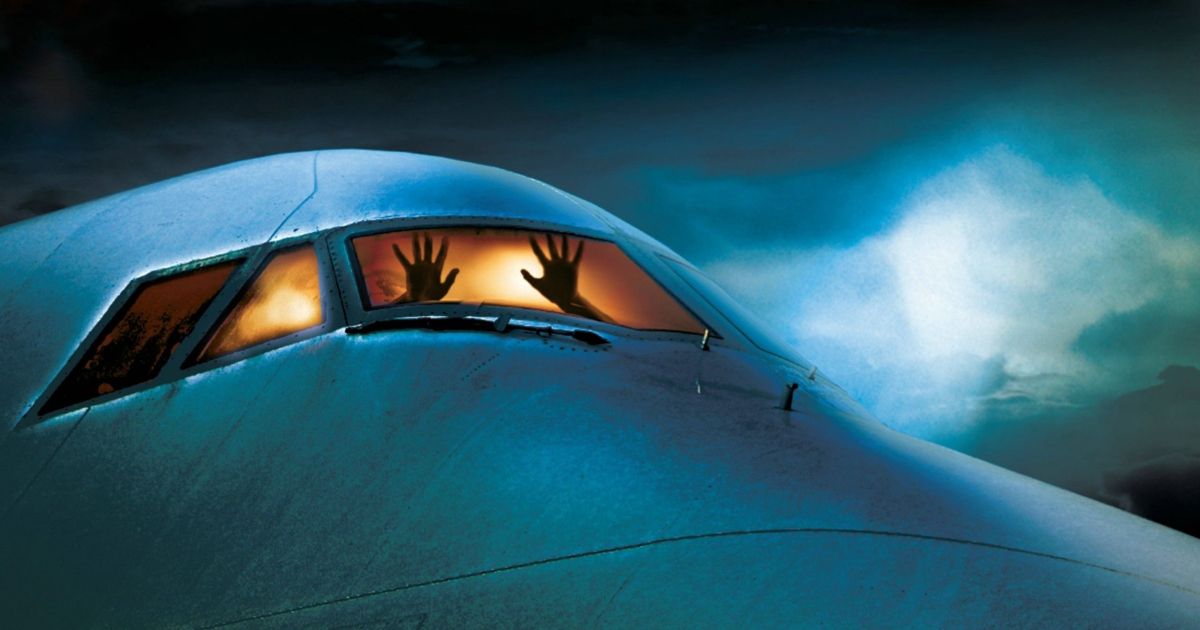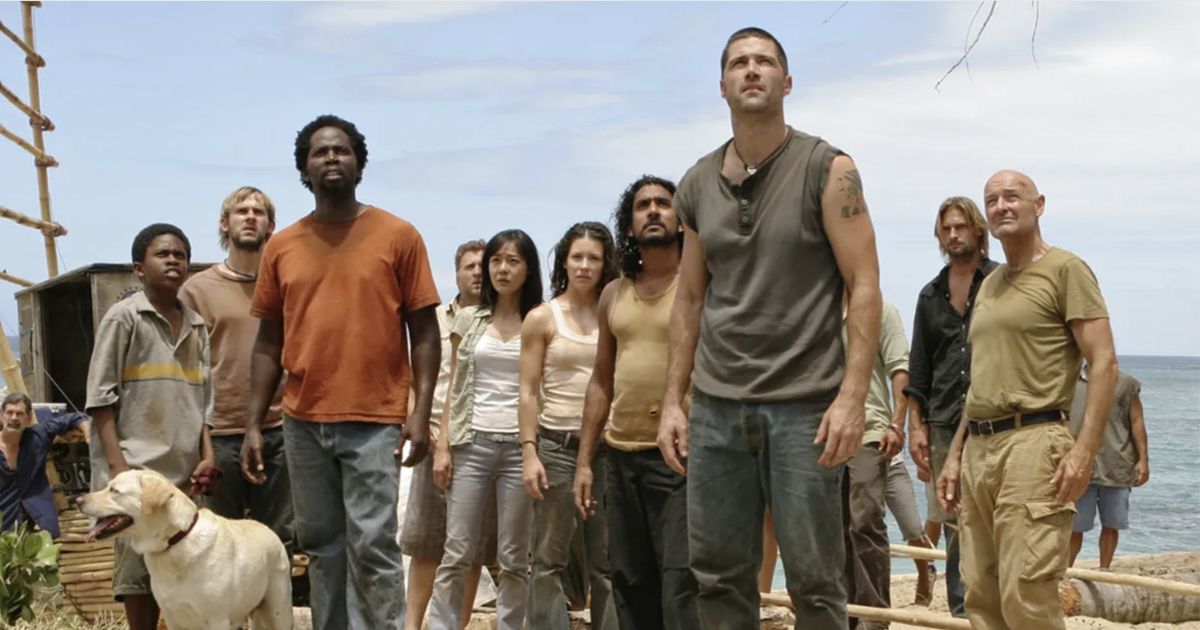Where would we be without Stephen King? The infuriatingly prolific writer has not only had his hand in so many of the horror genre's cookie jars, but has also had a hand on the kiln that fires them. Situated nicely amidst media monoliths like the political sci-fi of the ‘60s, the exploitative grindhouse of the ‘70s, and the hardcore camp of the ‘80s, King’s work demonstrates an ever-shifting synergy of high and low art alongside a persistent, ambitious, trailblazing curiosity. The man simply refuses to stay in one place for too long, and he declares himself mayor of every stylistic town he visits (at least, in Maine).
His work has also inspired numerous moments of iconic cinema. From good pets gone bad and psychokinetic children, to evil clowns and sentient cars, King has delivered a litany of cultural touchstones that have been transferred to film without losing their often stunning human drama. Even work that doesn’t bear his name still bears his watermark. There are two titles, however, which don't seem to be connected. That's because The Langoliers miniseries was sadly panned and forgotten, and Lost somehow managed to avoid its association with it.
Stephen King's Influence on Lindelof and Lost
Currently, it’s hard to think of a more prominent King acolyte than Mike Flanagan. Flanagan has adapted Gerald’s Game and Doctor Sleep, and is supposedly helming a forthcoming Dark Tower series (if you listened carefully to the night sky when this news was announced, you could almost make out the excited squeals of countless fans). Additionally, programs like Midnight Mass and Hill House have Stephen King written all over them – so much so that the latter show even won public approval from King himself. But the lesser known student of King, though no less important, is creator Damon Lindelof.
Visionary creator of Lost, HBO's woefully underrated The Leftovers, and the new Watchmen limited series, Lindelof has made it no secret how influenced and inspired he is by the generations-spanning horror writer. It’s a little less obvious here, because Lindelof doesn’t traffic exclusively in horror, as Flanagan does. But his approach to characters, backstory, and mystery is classic King.
In particular, Lindelof’s Lost wears the King influence on its sleeve, with The Stand, King’s 1978 doorstop of a novel, helping dictate a framework for the show’s approach to character and backstory. But there’s something else lurking in the background of Lost – and that is a more obscure King title called The Langoliers.
What Is The Langoliers About?
First written as a novella for the under-read Four Past Midnight collection, The Langoliers is perhaps best known via its 1995 two-part miniseries adaptation for ABC – a woozy camp-fest of epic proportions. Written for the screen and directed by Tom Holland (not the one who played Spider-Man, but the one who directed Fright Night and the first Child’s Play, among other horror classics), this creepy tale with a Lewis Carroll-esque title tells the story of an airplane which mysteriously vanishes en route to Boston and is transported to another dimension where time which has passed gets eaten by the titular monsters.
While The Langoliers doesn’t offer the kind of lovable, three-dimensional characters we are so familiar with from Lost, it does offer mystery and spookiness galore, and anticipated the weirdly popular 'missing airplane' TV series of the ensuing decades (Lost, Manifest, Yellowjackets, Missing Nine, Flight 29 Down, The Wilds).
The writing is ridiculous in The Langoliers, and the performances are over the top; Holland is obviously better at horror titles with elements of camp and comedy, and The Langoliers should be serious and laden with dread. The monsters, depicted in all their '90s-era CGI glory, look grotesquely artificial, but nonetheless have a creepy uncanniness to them. The Langoliers becomes the televisual equivalent of the tonal dichotomy presented by Kubrick’s adaptation of The Shining: absurd melodrama, inexplicably matched up with a deeply unsettling existential terror. Except The Langoliers languished in obscurity.
The High-Flying Performances in Lost and Langoliers
And then there is the matter of Bronson Pinchot’s character Craig Toomy, who is in many ways a precursor to Ethan Rom, William Mapother’s resident creep from Lost. Toomy is the centerpiece of the film’s horror, being the source for the mythology of the titular Langoliers, monsters that pursue and eat children who are “lazy” and “don’t see the big picture.” This creepy fable, told to Toomy in his childhood by his abusive father, becomes the origin of his self-punishing psychosis, and it is compounded by the fact that this multidimensional detour has caused Toomy to miss a critically important business meeting.
Pinchot is especially memorable to impressionable young viewers for his sweaty, unhinged performance; the man feels dangerous, unpredictable, and real. He has a habit of slowly tearing paper in order to calm himself down, and it is just about the creepiest thing ever. Like the rest of the cast and crew, however, Pinchot forsakes subtlety in favor of high-register operatics, and he is a big part of what makes The Langoliers so entertaining.
Like many other King adaptations for TV (like IT, Salem's Lot, and the forgotten Rose Red), Holland’s miniseries runs about three hours, which is probably longer than a story like this deserves. It was, after all, a short story first. However, so much of what makes it interesting is the hanging-on and the lying in wait for answers, alongside a cast which includes David Morse as a dry-as-chalk pilot and Dean Stockwell as a bafflingly verbose, Poirot-esque mystery writer.
As with Lost, so much of what works here has less to do with the answers and more to do with the questions. Even more pronounced than the mystery is that sense of duration, as much of the film’s runtime takes place on the plane, and so it begins to feel like you are also on a long, cross-country red-eye.
Stephen King Then and Now
Every era of TV has had its strengths and weaknesses. The ‘90s were not obsessed with the sleek, impenetrable filmmaking craft that characterizes so much of what is made today. Nowadays, character psychology reigns supreme whereas then, the self-contained episodic structure of shows were still dictating what was most interesting to us. Opaque, inconsistent worlds like those seen in The X-Files and Twin Peaks (their ‘90s iterations, at the very least) could not find as great success in today’s serialized landscape (as demonstrated by their recent iterations).
The 1995 adaptation of The Langoliers epitomizes a ‘90s sensibility in TV storytelling, and a 2023 version of the story would look far different – more serious, grounded, and far less ridiculous, with real character pathos dripping out of every line of dialogue. You can look to recent King adaptations like The Outsider, Doctor Sleep, and (lest we forget) Andy Muschietti’s IT duology – it seems they are all overlaid with a thick seriousness, a refusal to have too much fun.
Now, there’s nothing wrong with being serious, and these works are very good in their own right (some more than others). But to throw on 1995’s The Langoliers in 2023 is to hearken back to an age when these sorts of King stories needn’t have aspired to be anything more than what they were: silly, ludicrous, over-the-top TV movies of the week.
Lost at the Turn of the Century
It could be said that Lost straddles the divide between the silly TV movies of the ‘90s and the psychological character drama of the 2000s. The groundbreaking show offered basic, low-rent action and melodrama thrills while also whetting the viewer’s appetite for juicy, complex characters and profound meditations on global themes. It proved successful in many of its pursuits, but while its iconic characters are nothing to sneeze at (for the most part), the most viscerally addictive thing about Lost was its piling-on of questions and mysteries. That’s what we came for, and because we came to love the characters so much, we stayed on the train even as the mystery and mythology veered off the rails.
Lost had one foot in the era of network television and the other in the era of prestige cable. We loved it for both its serialized craziness and its stunning characterization. The Langoliers is the first half of that equation – we might not particularly care, but we love to watch the whole messy nightmare unfold.
While it isn't on any streaming channels, if you'd like to watch The Langoliers, you can buy it on Vudu or watch the entire three hours below:


